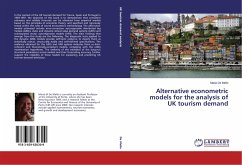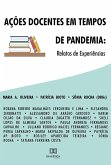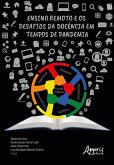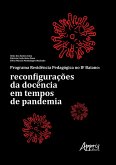
4,99 €
inkl. MwSt. und vom Verlag festgesetzt.
Sofort per Download lieferbar
eBook, ePUB
19. Februar 2021
Editora CRV

Broschiertes Buch
19. November 2014
LAP Lambert Academic Publishing
Ähnliche Artikel

8,99 €
inkl. MwSt. und vom Verlag festgesetzt.
Sofort per Download lieferbar

7,49 €
inkl. MwSt. und vom Verlag festgesetzt.
Sofort per Download lieferbar

5,49 €
inkl. MwSt. und vom Verlag festgesetzt.
Sofort per Download lieferbar
eBook, ePUB
23. November 2022
Paco e Littera

7,99 €
inkl. MwSt. und vom Verlag festgesetzt.
Sofort per Download lieferbar
eBook, ePUB
17. Mai 2023
Editora Appris

10,99 €
inkl. MwSt. und vom Verlag festgesetzt.
Sofort per Download lieferbar

0,00 €
inkl. MwSt. und vom Verlag festgesetzt.
Sofort per Download lieferbar
eBook, ePUB
14. März 2023
Editora Appris

6,99 €
inkl. MwSt. und vom Verlag festgesetzt.
Sofort per Download lieferbar
eBook, ePUB
15. März 2024
Editora CRV

6,99 €
inkl. MwSt. und vom Verlag festgesetzt.
Sofort per Download lieferbar

3,49 €
inkl. MwSt. und vom Verlag festgesetzt.
Sofort per Download lieferbar
eBook, ePUB
16. September 2020
Editora Appris

3,99 €
inkl. MwSt. und vom Verlag festgesetzt.
Sofort per Download lieferbar
eBook, ePUB
23. Februar 2021
Editora Appris
Ähnlichkeitssuche: Fact®Finder von OMIKRON
